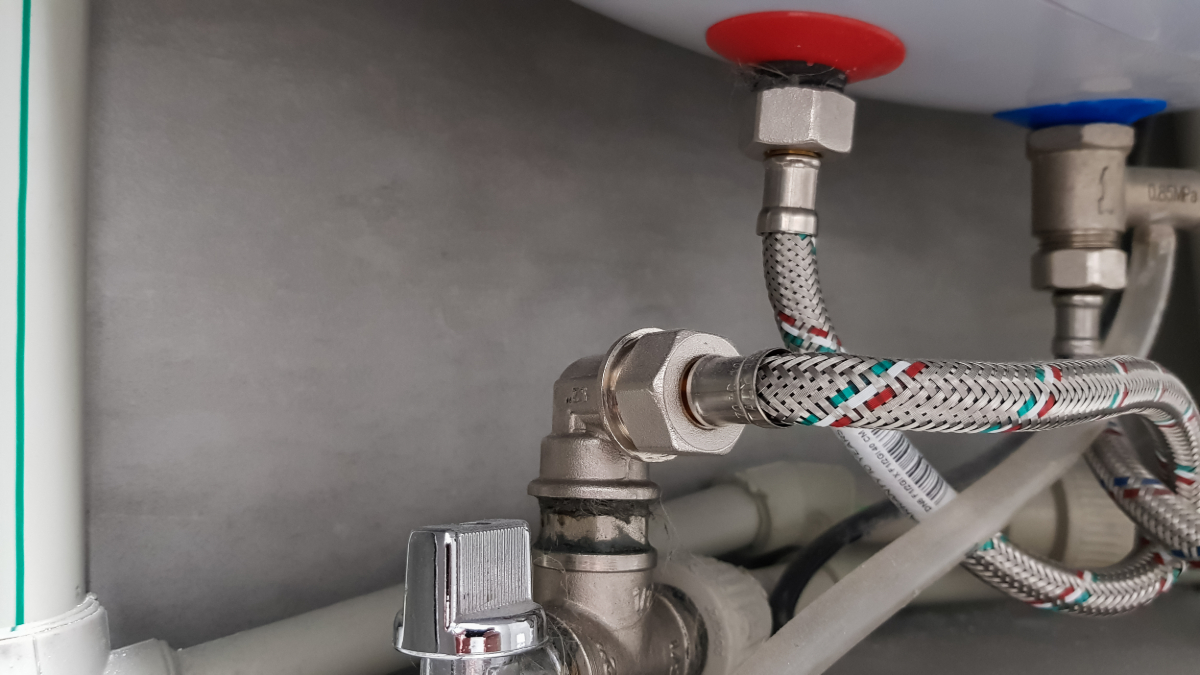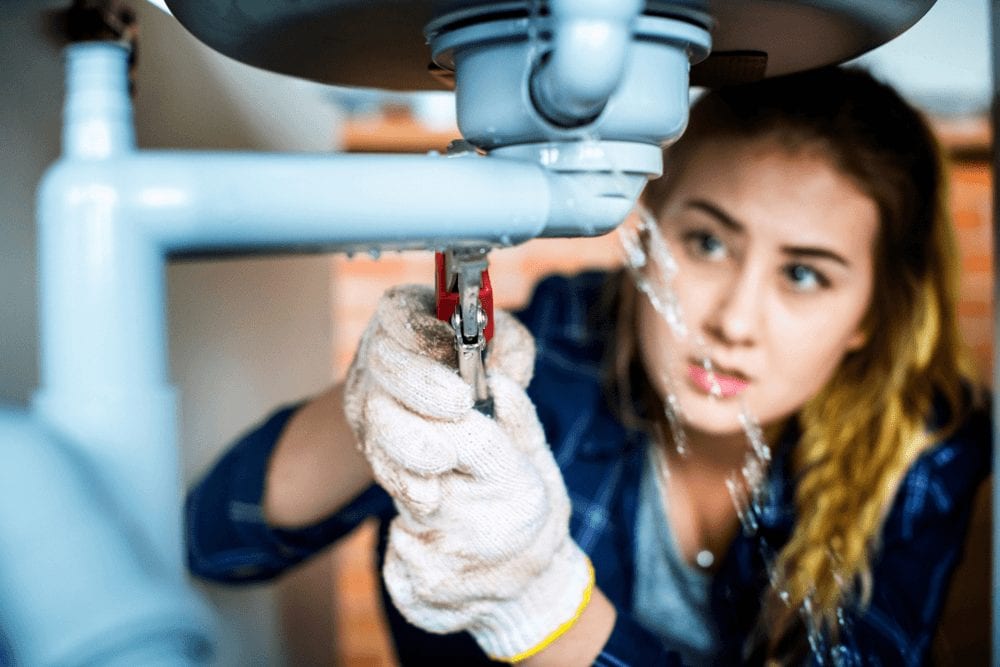Expert Advice on Managing Plumbing in Older Homes
Expert Advice on Managing Plumbing in Older Homes
Blog Article
Presented here further down you can find a bunch of helpful additional info around Plumbing Issues in Older Properties and How to Fix Them.

Older homes frequently feature appeal, character, and background, however they can also bring a host of pipes problems. Whether you're handling maturing pipes, low tide pressure, or leakages, understanding exactly how to address these typical problems is critical to preserving a secure and practical home. In this overview, we'll discover the normal plumbing obstacles faced by older homes and provide useful remedies to keep your plumbing in leading shape.
Comprehending Common Plumbing Concerns
Aging Pipes
Among one of the most typical concerns in older homes is aging pipes. Depending upon the period in which your home was built, the pipelines may be made from products that have actually weakened over time, such as galvanized steel, cast iron, and even lead. These products can corrode, end up being weak, or create leaks, resulting in water damages and potential health hazards.
Low Tide Stress
If you're experiencing low water stress, maybe due to natural resources, deterioration inside the pipes, or old fixtures that are no more functioning effectively. This can be a significant inconvenience, especially in areas like showers and sinks.
Dripping Pipes
Leakages are one more regular problem in older homes, commonly triggered by rusty or damaged pipelines. Also tiny leakages can lead to significant water damages, mold and mildew growth, and increased water bills if not attended to immediately.
Obsolete Components
Outdated plumbing fixtures such as faucets, toilets, and showerheads not only look old yet might additionally be much less effective, susceptible to leaks, or incompatible with contemporary pipes requirements.
Pipeline Deterioration
Corrosion is a common trouble in older pipes, particularly those made from galvanized steel or actors iron. Rusty pipes can restrict water circulation, create staining, and eventually result in leaks or pipe bursts.
Analyzing the Condition of Your Plumbing
Evaluating Visible Pipelines
Beginning by checking any noticeable pipelines in your house, such as those in basements, crawl spaces, or under sinks. Search for indications of corrosion, leaks, or rust, which can indicate underlying issues.
Looking for Leakages
Check for leaks by inspecting areas around taps, commodes, and under sinks. You can likewise monitor your water meter before and after a duration of no water utilize to identify surprise leakages.
Water Quality Testing
Older pipelines can impact the quality of your water. Conduct a water quality examination to look for pollutants such as lead, rust, or various other pollutants that may be introduced by maturing pipes.
Solutions for Common Pipes Problems
Replacing Aging Pipelines
If your home has old, wearing away pipelines, think about changing them with contemporary materials like copper or PEX. This can be a substantial financial investment, however it will prevent future concerns and improve the safety and security and dependability of your plumbing system.
Repairing Low Tide Pressure
To deal with low water stress, begin by cleaning or changing old fixtures and getting rid of mineral accumulation in the pipelines. If the issue persists, it may be required to change sections of rusty pipes.
Fixing and Changing Leaking Pipelines
For little leaks, you can utilize pipeline clamps or epoxy putty as a momentary solution. Nevertheless, it's ideal to change dripping pipes totally to avoid additional damages.
Upgrading Components
Updating old fixtures to contemporary, water-efficient versions can improve your home's pipes performance and reduce water usage. Seek fixtures with the WaterSense tag for the very best efficiency.
Taking Care Of Pipe Deterioration
If your pipes are rusted, replacing them with corrosion-resistant products like copper, PVC, or PEX is the best option. Regular examinations and water quality maintenance can assist prevent even more rust.
When to Call a Professional
While some plumbing problems can be taken care of with DIY services, there are times when it's finest to call an expert. If you're managing significant leaks, extensive deterioration, or are not sure about the condition of your pipelines, a certified plumbing professional can give expert assessment and fixing.
Preventive Upkeep Tips
Normal Inspections
Routinely examine your plumbing system for indications of damage. Capturing concerns early can protect against pricey repairs down the line.
Water Pressure Regulation
Ensure your water pressure is within the recommended range to avoid stressing your pipes and fixtures. A plumbing can set up a stress regulator if needed.
Water Quality Maintenance
Install water filters or conditioners if your water high quality is poor. This can secure your pipelines and fixtures from damage caused by tough water or impurities.
Proactive Pipeline Replacement
If your home has older pipes, consider aggressive substitute before major concerns develop. This can save you from emergency situation repair services and water damage.
Conclusion
Dealing with pipes problems in older homes requires a mix of watchfulness, preventive upkeep, and timely upgrades. By understanding the usual difficulties and knowing when to look for professional aid, you can ensure your plumbing system stays practical and reputable for years to come.
Common Plumbing Issues in Older Homes
Pipe corrosion
Pipe corrosion is a common plumbing issue in older homes. Several factors can cause pipes to corrode:
Water: Ironically, water is the number one cause of pipe corrosion. When water seeps into cracks in pipes, it can cause the metal to rust and break down, leading to leaks or even burst pipes.
Oxygen: Oxygen is another significant culprit in pipe corrosion. When oxygen interacts with water, it can cause the metal to oxidize and weaken.
Chemicals: Chemicals such as chlorine and fluoride can also contribute to pipe corrosion. These chemicals can react with the metal in pipes, causing them to break down over time.
Leaky pipes
Pipes that leak is one of the most common plumbing issues plaguing residents of older houses. While a small leak may not be a problem initially, it can lead to significant problems if left unaddressed. In addition, water damage can be very costly to repair and may cause damage to electric fixtures, promote mold growth and cause many other issues.
Worn-out fixtures
Older homes often have worn-out fixtures which may need replacement. Over time, the finishes on fixtures can wear down, exposing the underlying metal to corrosion. This can cause fixtures to leak or even break completely. It s best to have a professional plumbing contractor regularly inspect the fixtures in older homes and replaces them if necessary.
Faulty water heaters
A leaky water heater can cause severe damage to the home as it can be both a flood and fire hazard. Call a plumber immediately if it appears that the water heater might be leaking.
If the heater isn t working correctly, it could be because the pilot has gone out. The pilot light going out may indicate gas supply issues or leaks. It is also worth checking the thermostat to see if it needs to be adjusted.
If the water heater is making strange noises, it could be due to sediment buildup in the tank. Sediment can interfere with the heating elements and cause them to overheat. Overheating can damage the tank and shorten the lifespan of the water heater.
https://www.norfleetfamilyplumbing.com/blog/common-plumbing-issues-in-older-homes

As a passionate reader about Common Plumbing Problems in Older Homes, I was thinking sharing that piece of writing was a good thing. Are you aware of somebody else who is curious about the niche? Be sure share it. I praise you for being here. Come back soon.
Customer Reviews Report this page